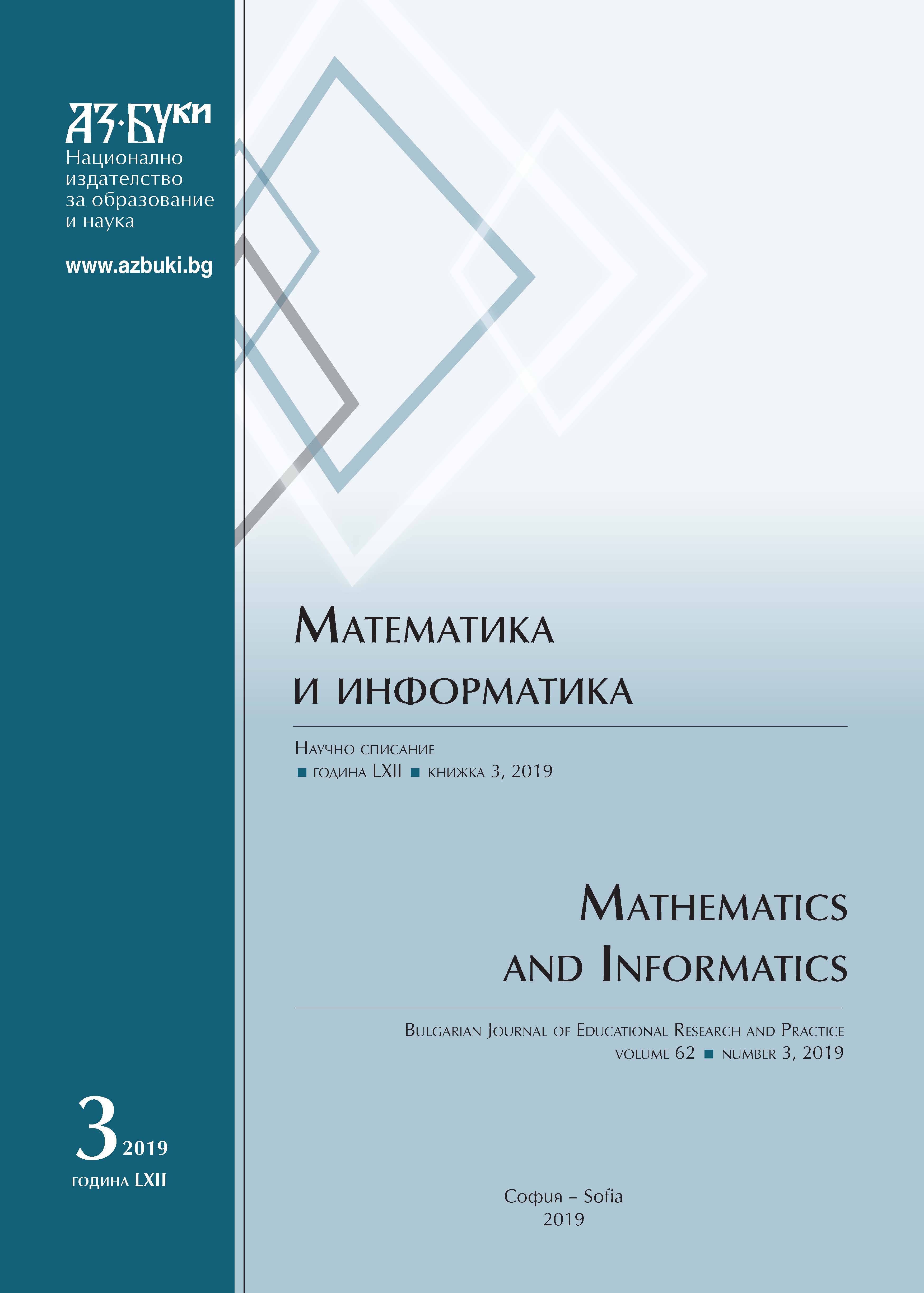Математическите софизми и използването им в училищния курс по алгебра
Mathematical Fallacies and Their Use in the Algebraic Curriculum in Schools
Author(s): Kamelia KolevaSubject(s): Social Sciences, Education, School education, Vocational Education, Adult Education, Higher Education , Inclusive Education / Inclusion
Published by: Национално издателство за образование и наука „Аз-буки“
Keywords: sophism; fallacy; mathematics; algebra; teaching; paradox; howler
Summary/Abstract: Mathematical fallacies are such statements in the chains of arguments that cause subtle mistakes. Using them in the process of teaching Mathematics can contribute to increasing students’ interest in learning the material as well as helping them acquire a firm and lasting knowledge in mathematical concepts and theorems. In brief, the connections between sophisms, paradoxes and paralogisms, as well as the differences between the terms „sophism” and „fallacy“, are explained. The so-called mathematical howlers and examples of them are presented in connection with the subject in consideration. This paper includes examples of the use of fallacies in the Algebraic curriculum in schools, in line with the current mathematics programs.
Journal: Математика и информатика
- Issue Year: 62/2019
- Issue No: 3
- Page Range: 263-283
- Page Count: 21
- Language: Bulgarian
- Content File-PDF

